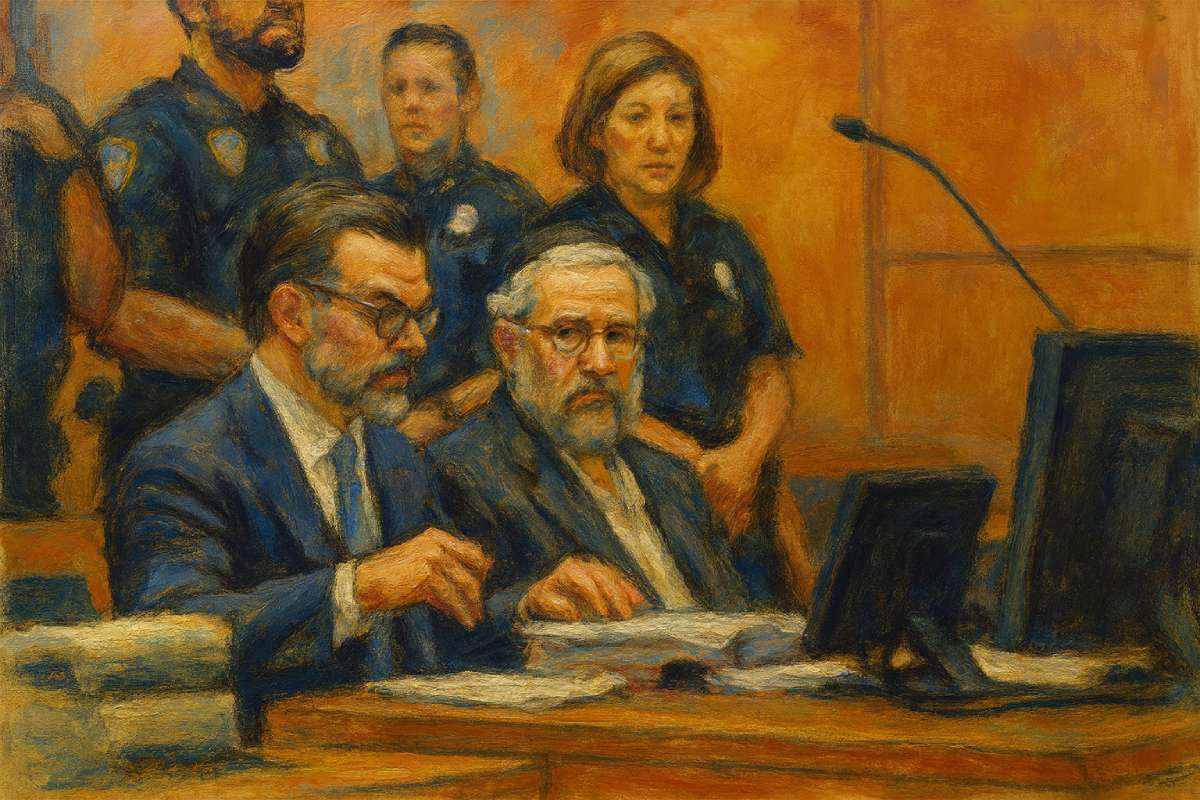If you live in New York long enough, you probably heard a version of this story from somebody’s cousin or neighbor — someone gets behind on the mortgage, a “nice helpful guy” shows up with a briefcase and promises to handle the bank mess, and next thing you know that homeowner isn’t a homeowner anymore.
This case is basically that, but worse, and dragged out for almost a decade.
The guy at the center of it, Sanford Solny, used to be an attorney. Used to is the key word here — he lost his license back in 2012. But that didn’t stop him from walking around like he still had one, talking about “short sales,” “negotiations,” and “saving the house.” He mostly targeted minority homeowners in foreclosure — people already stressed, already overwhelmed, sometimes barely understanding all the paperwork banks throw at them.
Instead of helping, he did the classic bait-and-switch:
“Sign here so I can talk to the bank for you.”
Except the paper wasn’t permission. It was the deed.
And the “bank negotiation” was actually him transferring the house into his own corporations.
Eleven properties over the years.
Fifteen victims.
Whole families wiped out of the homes they lived in for decades.
He even collected rent from some of the tenants like he actually owned the place. Imagine losing your house and then the guy who stole it is still making money off your old living room.
The DA said it pretty straight: this wasn’t some confused old lawyer messing up forms. The court called him a repeat scammer, and looking at the timeline — 2012 to 2022 — it’s hard to argue otherwise. When the case finally wrapped up, the judge gave him two and a half to seven years, and also hit his network of corporations with fines. Not huge fines compared to the damage, but something.
One interesting thing the prosecutors mentioned: they actually wanted him to get seven to eighteen years, but the judge had already locked in the lower range when he gave the verdict. And honestly, for people who lost their house, their equity, their credit — seven years doesn’t exactly feel like justice, but at least the deeds were nullified. That part matters. The homes go back to their rightful owners.
This isn’t a one-off case either. Brooklyn has been dealing with deed theft on a big scale. Since 2017, the DA’s office says they’ve brought in 30 indictments against 42 people for similar stuff, covering over 70 properties. Most of the scammers were “professionals” — lawyers who should’ve known better, or repeat con-artists who knew exactly what neighborhoods to target.
The mess slowed down in the last few years because of all the prosecutions, but let’s be real: high property values plus homeowners under financial pressure is the perfect setup for predators. It’s not going away completely.
A lot of the victims in these cases said the same thing in interviews:
“He sounded trustworthy.”
“He talked like he knew the system.”
“He said he’d save the house.”
That’s how deed theft usually works.
Not with a ski mask, but with paperwork and a fake smile.
If there’s a lesson here, it’s not just “be careful.” Homeowners facing foreclosure don’t need another lecture. They need real help, and fewer sharks circling them disguised as “experts.”
And if you’re ever in that situation, or you know someone who is — always, always get a second set of eyes on any document that even looks like it involves ownership. And if someone promises they’ll “take care of everything,” especially in the foreclosure world… yeah, that’s your cue to slow down fast.
Brooklyn dodged a scammer this time.
But there’s always another one watching the next stressed homeowner.

